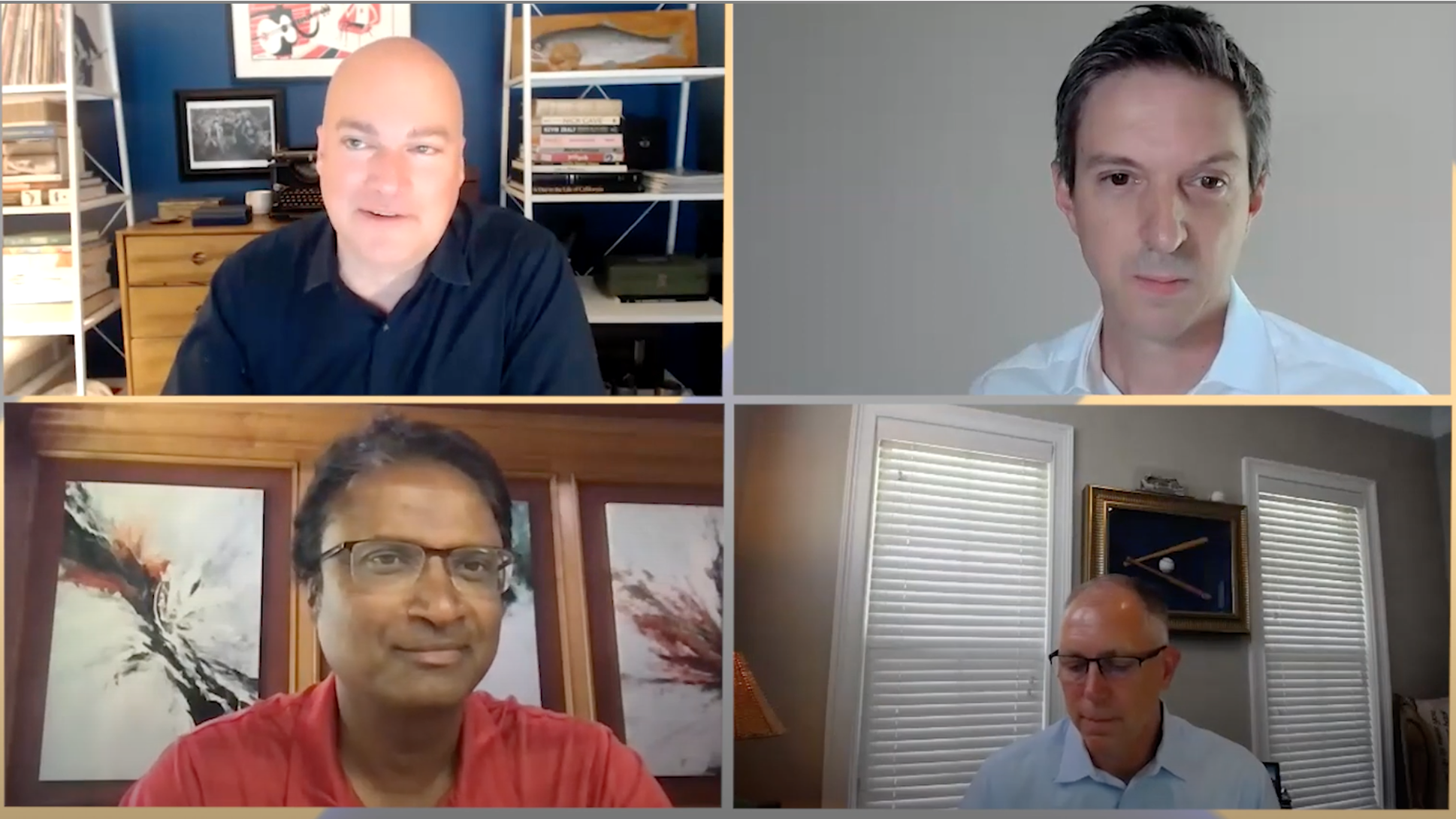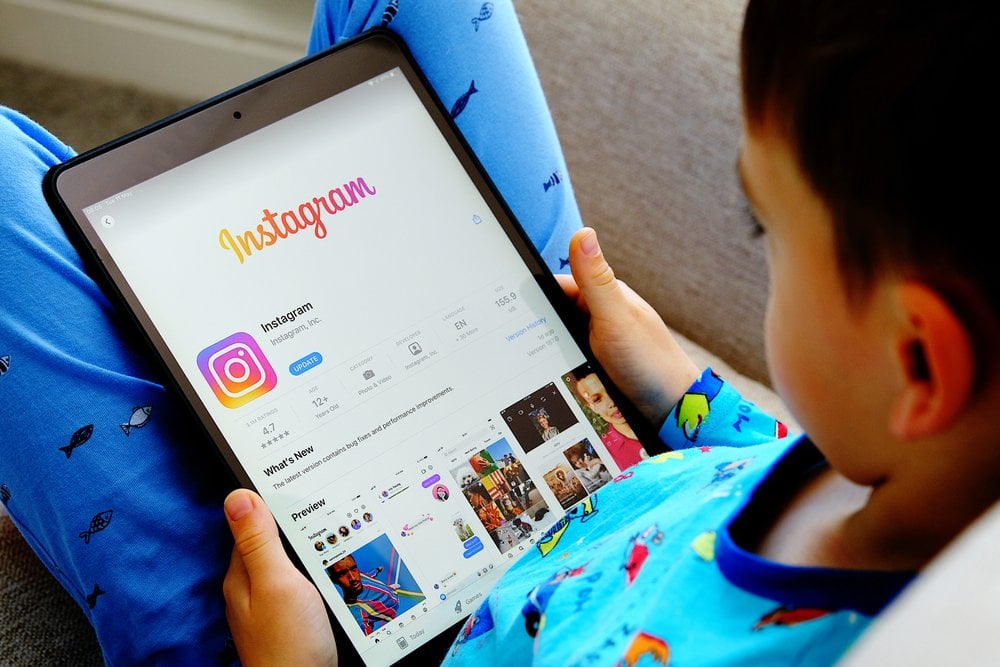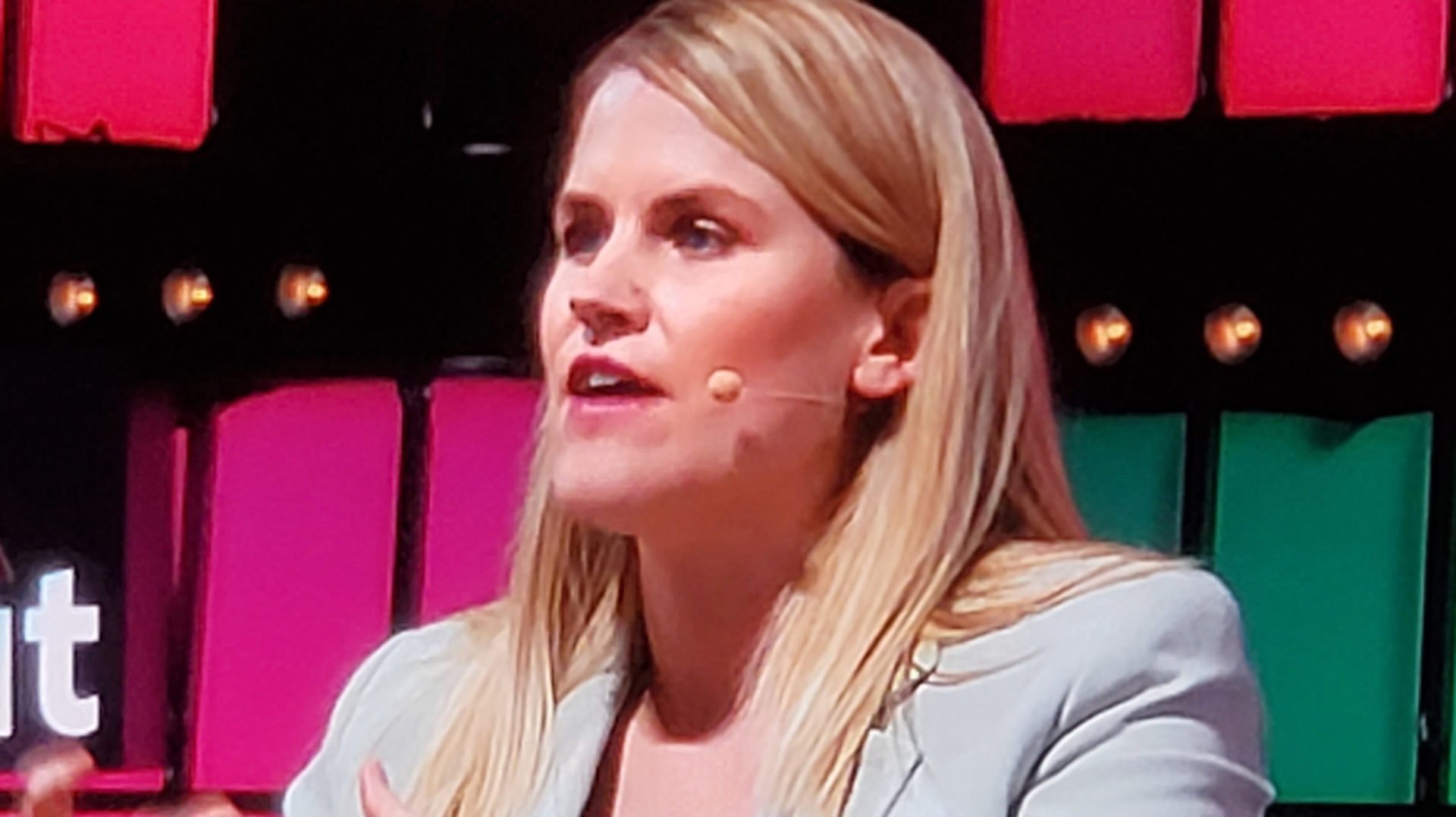
This article was originally published in Techonomy’s print and digital magazine.
The relationship between the music and tech industries has long been tumultuous. Technology has simplified the recording, distribution, and marketing of music. But it has also enabled rampant theft of songs and encouraged new business models that make it harder for artists and their labels to make money. It’s certainly gotten the music industry’s attention. Having spent more than six years in that business before making my transition into tech and media, I have become obsessed not only with how music has been transformed but also with the similarities between the two communities.
Now more and more music industry veterans are finding their way into tech. Ten years ago, U2 lead singer Bono joined tech investors Roger McNamee and Marc Bodnick to form Elevation Partners. They have made a bunch of investments, including in Palm Computing, and had a big hit when they invested early in Facebook. Then, of course, there’s Dr. Dre and music executive Jimmy Iovine. They launched Beats and made it huge before selling it to Apple. Jay Z has the Tidal streaming music service and Neil Young the Pono high-fidelity music player.
The prospect of riches has likely been a big motivator for all these people. But many of the personality traits that made them successful in music seem to translate directly into tech. I’ve had a few personal encounters recently that underscore the growing overlap between these two highly-creative arenas of business.
Standing in a dark club during the World Economic Forum in Davos, Switzerland, among CEOs and political leaders is kind of surreal. While we all wait for The Killers to take the stage, I look to my left and strike up a conversation with the person who just happens to be standing there–cultural icon and music superstar will.i.am. I had heard him earlier in the day speaking on a session hosted by Salesforce CEO Marc Benioff that also included business titans Marissa Mayer of Yahoo, Bank of America CEO Brian Moynihan, and Microsoft’s Satya Nadella. will.i.am’s comments were very “Techonomic,” focusing on the impact of tech on the developing world. But he also slipped in a little promotion of a device he was wearing, a sort of watch, being developed by a company he started called i.am+.
In the club he shows me a prototype of this “smart cuff,” as he calls it, and I can see how proud he is of it. He walks me through some of the functions, highlighting the user interface and how you can connect to the Internet without needing a phone. He pauses, looking for an indication of my thoughts. It feels like an artist playing me a demo for the first time, something I experienced a lot when I worked as a manager. will.i.am tells me his celebrity is being used to promote other products from other companies, so why shouldn’t he have his own? But this doesn’t feel like just a vanity project. It is clearly something he’s passionate about. The device still hasn’t hit the market, so it’s hard to say how it will fare. The critics thus far have been brutal, but artists are not strangers to media scrutiny, right?
In the midst of a group of tech entrepreneurs at a conference in Las Vegas, I run into a couple guys clad in the familiar tech uniform of jeans and untucked button down shirts. They blend in seamlessly with the rest of the pack. I ask about the company listed on their conference badge, Machine Shop Ventures. They start off with, “Well, we’re in a band…” and it’s déjà vu to my experiences in Los Angeles, where almost everyone I met said they were in a band. But then they complete the thought by saying “…called Linkin Park.” So I pay close attention. This is Mike Shinoda and Joe Hahn from the multi-platinum, Grammy Award-winning band. They explain how, working with their intern, they got so successful marketing themselves that other artists and labels began to hire them as marketers. That was the genesis of Machine Shop.
Their business acumen was evident, but with all the competition in social media marketing, about a year ago they decided to pivot into venture capital. A few months later, I get together in Los Angeles for lunch with Shinoda, the group’s lead singer. He tells me he has personally invested in companies like Spotify and Sonos. “If you take a look at my Instagram, I post about drones and 3D printing,” he tells me, “but we invest in companies where we have something meaningful to offer.” We talk about the band’s investments in companies including car-service Lyft, Shyp, the on-demand shipping service, and Robin Hood, a financial trading app that aims to democratize access to the stock market. “There’s not much difference between launching a new album or launching a new app,” Shinoda says.
“Before starting the fund, the band spent a lot of time honing in on why we are investing and what types of companies we are looking for,” says Kiel Berry. He runs the day to day operations at Machine Shop Ventures. “We actually just came back from a trip to San Francisco to visit with portfolio companies. The guys were superengaged and you could see their commitment to unlocking ways our ecosystem could add value to the companies.”
Being in Austin during SXSW really underscores how intertwined the music and tech industries have become. This year I was introduced to Dean Serletic, who used to head A&R at Virgin Records (which means he signed new musicians). Now he runs marketing for Zya Music, a company that applies machine learning to democratizing music creation. We talk about what an emotional connection most people have to music, but how the average person lacks the musical skills and creative tools to express him or herself through song. Dean later introduces me to his brother Matt, Zya’s CEO and former head of Virgin Records. Matt Serletic might not be a household name like will.i.am or Linkin Park, but he is responsible for one of the most notable collaborations of recent times, when guitar icon Carlos Santana joined Matchbox Twenty lead singer Rob Thomas to record the smash hit “Smooth.”
Dean, Matt, and I get together a second time in San Francisco in March. They tell me they are about to make an announcement with a large partner, whom they won’t reveal. Facebook’s big F8 developer conference starts the next day, which turns out not to be a coincidence. Matt Serletic tells the world there that one of Zya’s first products, Ditty, integrates with Facebook Messenger and other platforms to enable anyone to create custom dynamic musical messages. If you type in your message and choose a popular musical track, Zya creates a one–of–a–kind song with your message in place of the tune’s lyrics. By the following October, the Ditty platform had helped people produce over 55 million unique musical messages. Matt Serletic says he’s not at all surprised to see musical artists increasingly drawn to tech. “Technology helps people around the globe express themselves,” he says. “It involves concepts such as architecture, structure, elegance. Musicians want to get involved in something like that.”
In the music industry I experienced the disruptive introduction of MP3, Napster, and even a platform that promised to predict hit songs based on something similar to what we now call predictive analytics. People in the music industry have been profoundly affected by the way tech has transformed their business. “We are in a state of great transition in the music industry. It feels a bit like a roller coaster, with lots of ups and downs,” says Serletic. Maybe that’s why he and so many others like him are deciding to dive in. Or maybe it’s the degree to which consumer tech is becoming so much like other consumer businesses of the past.
These people understand how to create, distribute, and market something they believe in. They understand the fickle consumer landscape. They are willing to do what’s necessary to succeed. Sure, some celebrities just want to leverage their fame, but I know how much passion, creativity, and focus it takes to succeed in music. If these people apply that to tech, my bet is that there are likely to be more huge successes like Beats.
Rock Stars of Tech
Standing in a dark club during the World Economic Forum in Davos, Switzerland, among CEOs and political leaders, we all wait for The Killers to take the stage. I strike up a conversation with the person who just happens to be standing on my left–cultural icon and music superstar will.i.am. He shows me a device he's wearing, a sort of watch being developed by a company he started called i.am+. I can see how proud he is of it. He walks me through the functions, highlighting the user interface and how you can connect to the Internet without needing a phone. He pauses, looking for an indication of my thoughts. He's just one of a number of music industry veterans now finding their way into tech.















